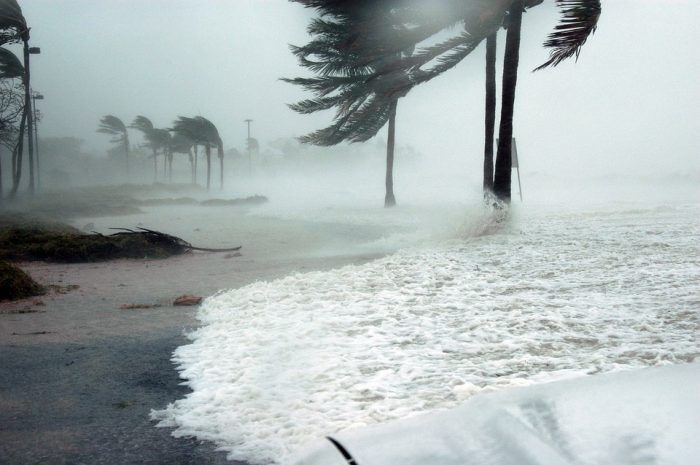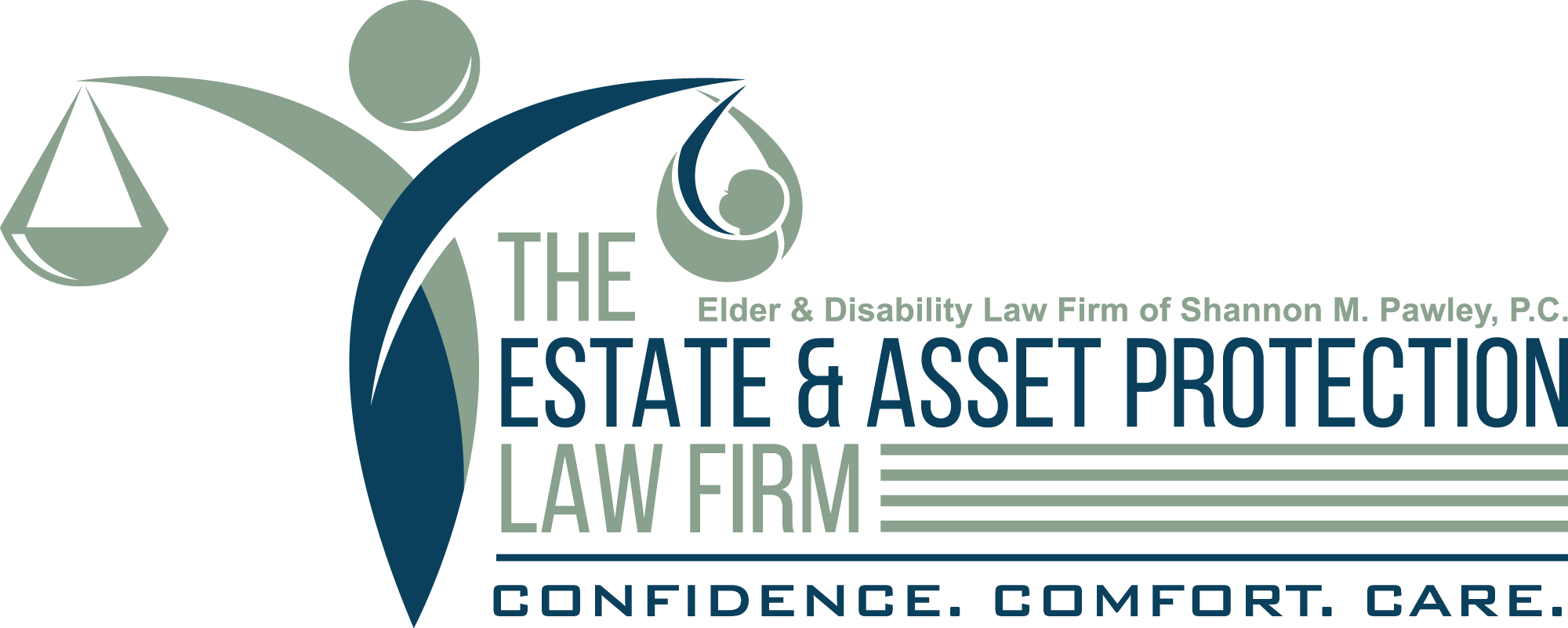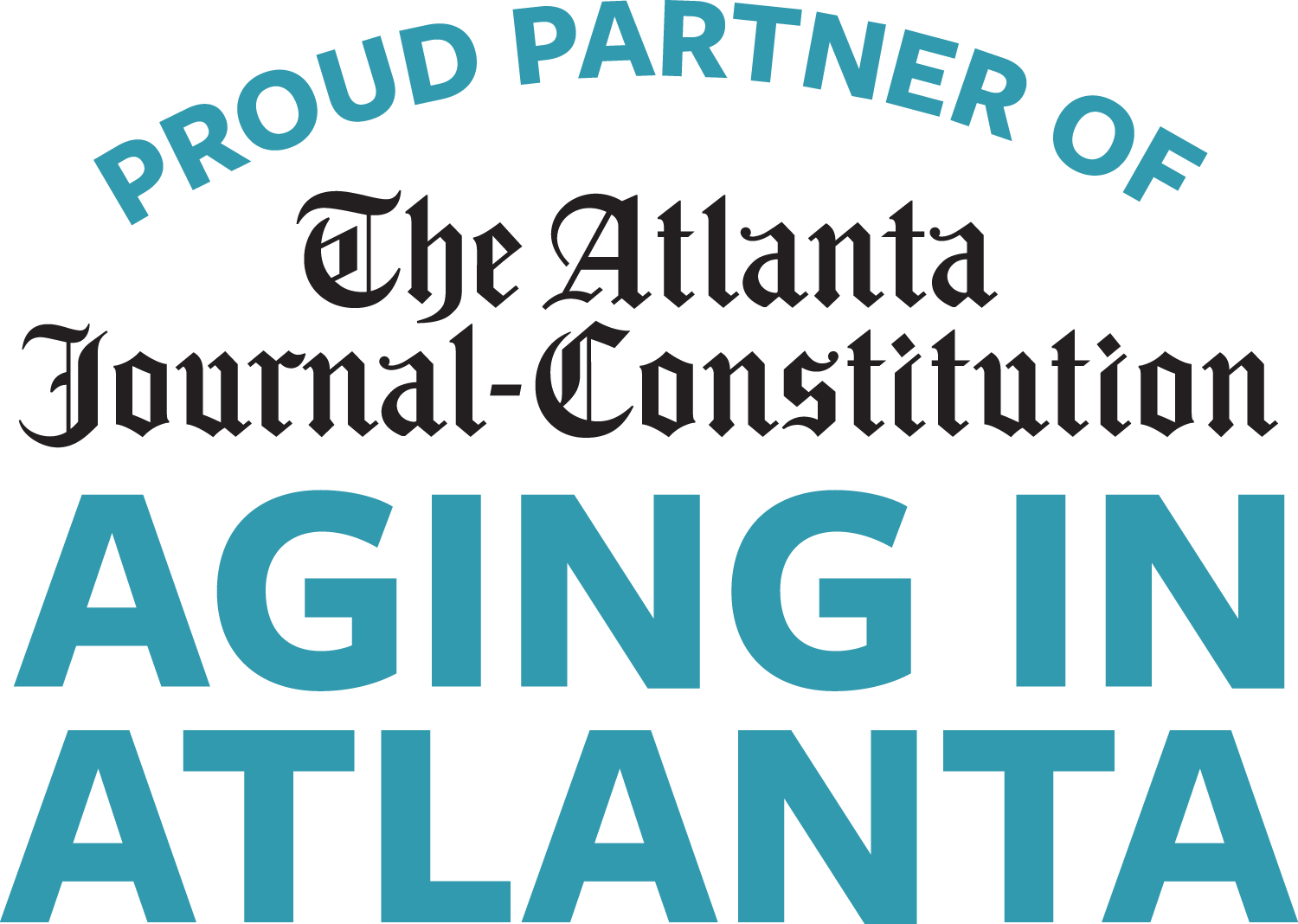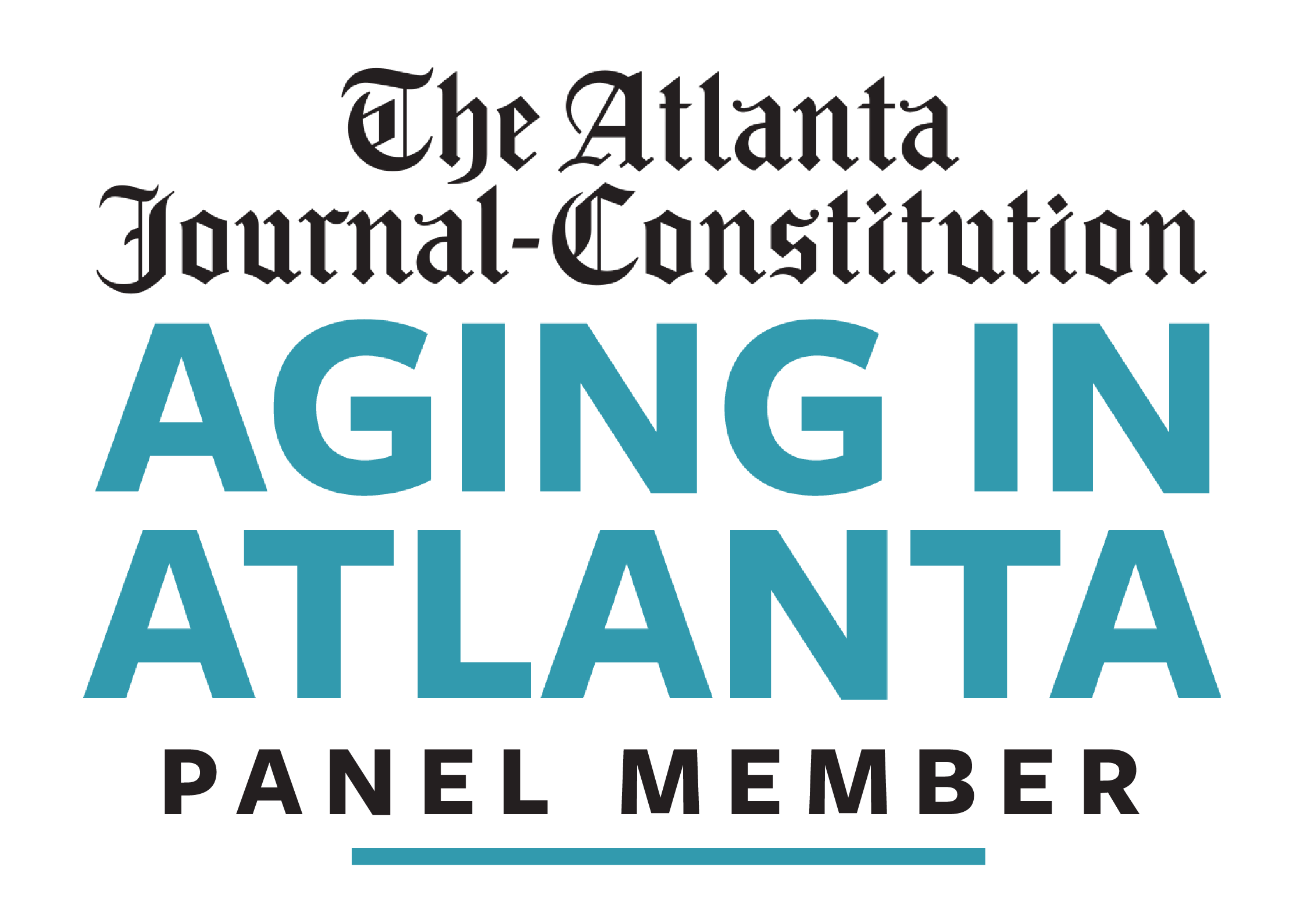Helping The Vulnerable Elderly Survive Hurricane Season

The sad truth is that the elderly are the most vulnerable victims of all during a hurricane. That’s why helping the vulnerable elderly is so important.
As we near the end of the official 2018 hurricane season, it’s been a tough one on the southeast. Hurricane Michael formed and moved so quickly and powerful it was difficult for the targeted areas to prepare. And, even though we are close to the end of the season, there’s no telling what can happen. We are praying that the weather will cool off quickly enough to prevent another storm from forming.
A Sense Of Helplessness
As I review statistics from previous storms, I can’t help but think about the elderly and how frightened they must feel when in the path of these massive storms. So many of our elderly are frail, homebound or living in nursing homes. It has to be challenging to those caregivers and staff determining whether or not to evacuate a facility that is equipped to handle all the various and complex needs.
In the recent wake of Hurricane Florence in the Carolinas and Virginia, it was reported according to the Centers for Medicare and Medicaid Services that over 204,000 seniors in the hurricane targeted areas relied on “home ventilators, oxygen concentrators, intravenous infusion pumps and other electrically powered devices.” Can you even begin to imagine the fear one would suffer if they were unable to evacuate and lost electricity? It is unfathomable.
Seniors Are The Most Likely To Die in All Disasters
It is no wonder that seniors always take a big hit one way or another during a storm. Statistics bear out this fact. And, it’s not just hurricanes. In fact seniors are the most likely to die in hurricanes, wildfires and other disasters. It is typically harder for seniors to evacuate because often they don’t have their own cars or are homebound.
According to a recent abcnews.com article reviewing past hurricanes, “In the aftermath of Hurricane Katrina, an analysis of 986 Louisiana residents who died showed the mean age of victims was 69 and nearly two-thirds were older than 65. The dead included 70 people who died in nursing facilities during the storm or just after the storm made landfall.”
In addition, the article goes on to state that after last year’s Hurricane Irma, “12 residents overheated and died at a facility in Hollywood Hills, Florida in the immediate aftermath of Hurricane Irma, which knocked out the facility’s air conditioning and the temperature climbed to over 95 degrees.”
Post-Traumatic Stress Disorder
It isn’t just the fear that happens before and during any disastrous event that threatens our frail and elderly population. When and if they survive a storm, very often they suffer from PTSD.
According to an article on webmd.com, “Experts notice a pattern of mental health symptoms after disasters, says Yuval Neria, PhD, professor of medical psychology and director of the PTSD treatment and research program at Columbia University Medical Center, adding, “Usually what we see first is the anxiety, fear, the difficulty in concentrating and functioning.” The symptoms include “hyperarousal, or feeling jittery, always alert, and on the lookout for danger, even when none is present.”
PTSD is seen among all age groups following natural disasters. It may be more difficult to notice in the elderly who suffer from dementia and other mental disorders. The point is to pay more attention to our elderly family members before, during and after hurricane season.
To that end, below I’ve provided some tips that can be incorporated into your action plan to protect seniors in the event of hurricanes or other disasters.
- Ask nursing homes what their disaster preparedness plan is and get a copy of it.
- Ask nursing homes how often they “practice” the plan.
- Don’t wait until the last minute to see if the hurricane is going to hit your area to evacuate seniors – evacuate the moment it seems “likely” (not probable) that it could hit.
- Create a hurricane kit which includes specialized items such as extra pair of reading glasses, a list of type and model numbers for necessary medical devices, wheelchair batteries, extra food for service animals, etc…
- If oxygen is needed, check with the supplier about emergency plans. Use of a respirator or other electric-dependent medical equipment typically calls for special arrangements that can be made with your loved one’s physician. Check with the local power company to see if registration of such equipment is necessary.
- Refill medications to last several weeks while evacuated.
- Minimize the ability to watch the news / weather channel during hurricane season (to minimizes PTSD).
Peace of mind is the most important thing you can provide for the safety of your dear seniors. It’s best to have a plan in place because during any disaster everyone’s peace of mind is being tested.
Looking to find an experienced estate lawyer in the Georgia area who is skilled in asset protection and estate plan preparation? Shannon Pawley is an attorney in Georgia with expertise in estate planning and asset protection. Shannon can provide assistance with creating an estate plan to include making a will and how to establish a trust properly. If you have questions about asset protection or questions about making an estate plan, reach out to Shannon and she will be glad to help answer all the estate planning questions you might have!







